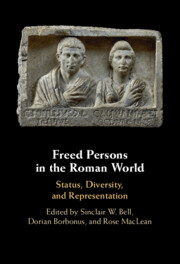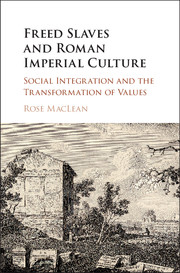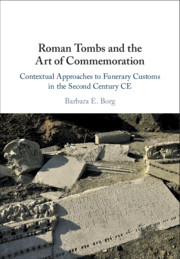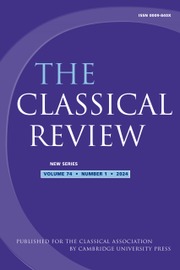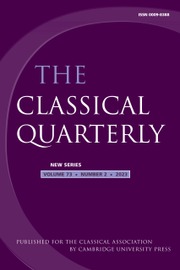Freed Persons in the Roman World
How were freed people represented in the Roman world? This volume presents new research about the integration of freed persons into Roman society. It addresses the challenge of studying Roman freed persons on the basis of highly fragmentary sources whose contents have been fundamentally shaped by the forces of domination. Even though freed persons were defined through a common legal status and shared the experience of enslavement and manumission, many different interactions could derive from these commonalities in different periods and localities across the empire. Drawing on literary, epigraphic, and archaeological evidence, this book provides cases studies that test the various ways in which juridical categories and normative discourses shaped the social and cultural landscape in which freed people lived. By approaching the literary and epigraphic representations of freed persons in new ways, it nuances the impact of power asymmetries and social strategies on the cultural practices and lived experiences of freed persons.
- Investigate the ways in which freed people were represented in Roman society
- Provides various case studies from different disciplinary perspective
- The introduction surveys the ways in which freed people have been studied in previous scholarship on the subject
Product details
May 2024Adobe eBook Reader
9781009438582
0 pages
This ISBN is for an eBook version which is distributed on our behalf by a third party.
Table of Contents
- Introduction – Freed persons in the Roman world: status, diversity, and representation Sinclair W. Bell, Dorian Borbonus, and Rose Maclean
- 1. Permissu decurionum: freed persons and burial management in the collective tomb of the Volusii Dorian Borbonus
- 2. Freed public slaves in Roman Italy and the western provinces: legal status and social integration Franco Luciani
- 3. Fitting in by decree: freed slaves, euergetism, and local politics Marc Kleijwegt
- 4. Doubling up: patronal and familial designations on epitaphs Katharine Huemoeller
- 5. The cost of ingratitude:freed persons, patrons, and re-enslavement Nicole Giannella
- 6. Between moral slavery and legal freedom: freed people and aristocratic behavior in Neronian literature Fábio Duarte Joly
- 7. Framing the freed person: (de)contextualizing the representation of freed peoples' voices in the literary record Kristof Vermote
- 8. Novel evidence for ancient freed people: Xenophon of Ephesus' Ephesiaca and the Cena trimalchionis William M. Owens
- 9. The affects of manumission: racial melancholy and Roman freed persons Dan-El Padilla Peralta.

